detail profile maria kaniewska
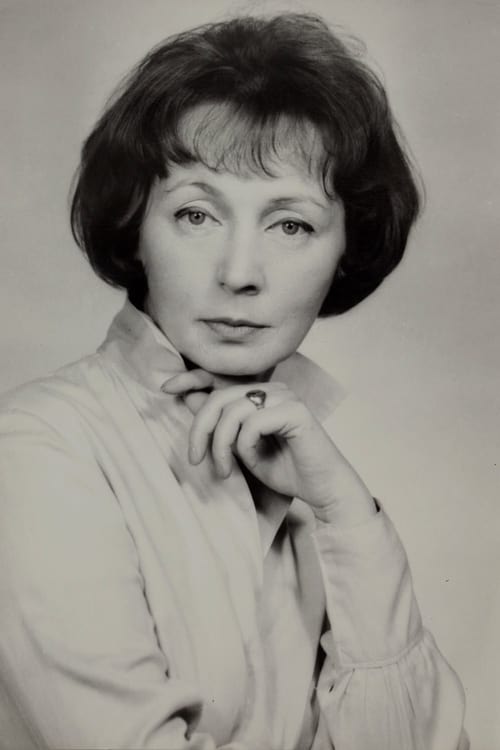
Maria Kaniewska
Мария Каневская
atau dikenal sebagai
Riwayat Hidup
Maria Kaniewska (27 May 1911 in Kiev - 11 December 2005 in Warsaw) was a Polish actress, screenplay writer, film director.
In 1960 she received a bronze lion award at the Venice Film Festival.
Info Pribadi
Peran Yang Di Mainkan Maria Kaniewska
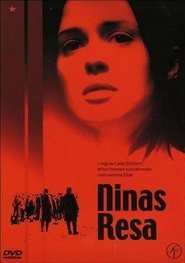 Ninas Journey is a feature film...
Ninas Journey is a feature film...Nina's Journey 2005
Nina's Journey is a feature film, but with an authentic narrator. We follow Nina and her family during six dramatic years, half of them spent in the Warsaw ghetto. The film tells the story of a young girl coming of age under extreme circumstances: Nina falls in love, goes to parties, and graduates high school - all in the Warsaw ghetto. One could say that, in these horrid times, she is almost living the life of a normal teenager. If it wasn't for the fact that all those around her are vanishing, one by one. Nina's Journey is shot in Warsaw, with Polish actors. But it is narrated by the elderly Nina Einhorn herself.
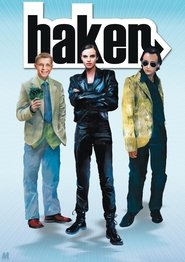 Two friends make a bet One...
Two friends make a bet One...Hacker 2002
Two friends make a bet. One of them - an A student and a computer genius Marcin - under the terms of the dispute must be received five days of complete submission to his clever friend Turbo - and he, in turn, guarantees him the easy money and attention to a long-legged beauty.
 Set in military barracks in a...
Set in military barracks in a...The Deserters 1986
Set in military barracks in a small town during World War I. The soldiers herded in the barracks are 'politically suspect' mix of characters from all over of the Austro-Hungarian Empire: Czechs, Jews, and even Italians, but officers in charge are Germans. A new lieutenant arrives with the mission to bring order to the unit. He is the sadist, enjoying humiliating the men. Fed up with his behaviour the lower ranks kidnap him one night and string him up in a public toilet. They also make sure that he fouls up during the inspection. Eventually the five ring leaders are imprisoned. They escape and end up in Budapest posing as guards as guards of veterinary surgeons. They are caught and sent back to face a court martial and their old tormentor.
 Tadeusz Krzakoski the director of a...
Tadeusz Krzakoski the director of a...What Will You Do When You Catch Me? 1978
Tadeusz Krzakoski, the director of a failing state-owned company, is married with problems. His mistress, the daughter of a Communist party bigwig, says she's pregnant and Tadeusz knows he'll have to marry her to save his reputation and his job. But divorce is never simple and Bareja's screwball comedies are never boring.
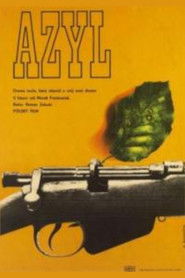 In 1946 a former resistance fighter starts...
In 1946 a former resistance fighter starts...The Refuge 1978
In 1946, a former resistance fighter starts working as a forester in a small town in Masuria. The local people don't trust him, robberies are common and his old flame is married to another man.
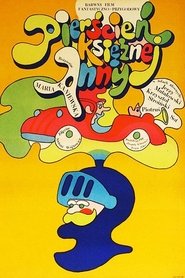 Adventures of a three good friends...
Adventures of a three good friends...The Ring of Queen Ann 1971
Adventures of a three good friends during school summer vacation.
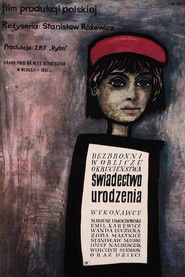 Three separate stories depicting the tense...
Three separate stories depicting the tense...Birth Certificate 1961
Three separate stories depicting the tense everyday life during occupation, as seen through the eyes of children. In “On the Road,” the two main protagonists are lost in the September’s strife: a young boy, and a soldier transporting the valueless documents of his broken unit. In “Letter from the Concentration Camp” the story’s protagonists are young boys who help their mother during the hardships of the occupation. Their treasure is an officer uniform belonging their father who is being held in a prisoner of war camp. In “Blood Drop,” the Germans find a set of typical Aryan characteristics in this story’s protagonist – a Jewish girl, hiding in an orphanage.
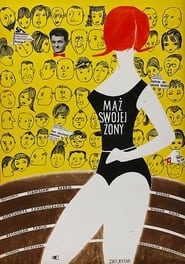 M swojej ony English Husband of...
M swojej ony English Husband of...Husband of His Wife 1961
Mąż swojej żony (English: Husband of His Wife) is a Polish comedy from 1960 directed by Stanisław Bareja. The story of a newly married couple, Michał Karcz (composer) and sprinter Jadwiga Fołtasiówna-Karcz. Michał has to adjust to Jadwiga being much more famous and her fame and needs dominating their lives.
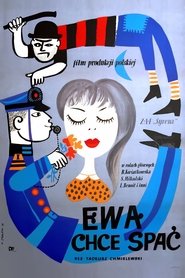 Ewa Bonecka a young student about...
Ewa Bonecka a young student about...Ewa Wants to Sleep 1958
Ewa Bonecka, a young student about to start school in a new place finds herself without a place to sleep after she is declined a room in a women-only hotel. Helped by a pleasant policeman, Piotr, she tries to find a lodging in the strange town full of thieves and petty troublemakers.
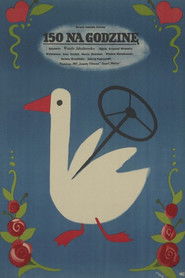 Young Marcin wishes to escape his...
Young Marcin wishes to escape his...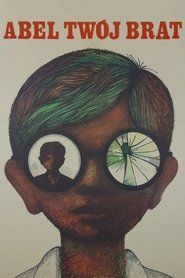 A young boy tries to earn...
A young boy tries to earn... A young boy sends anonymous threats...
A young boy sends anonymous threats...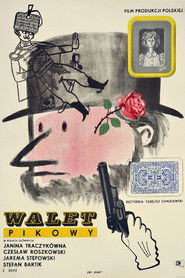 A reclusive lighthouse worker accepts the...
A reclusive lighthouse worker accepts the...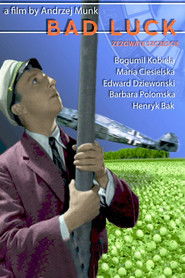 To convince the prison warden against...
To convince the prison warden against...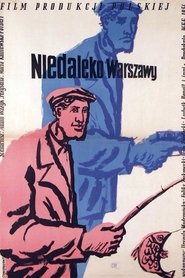 Imperialist spies try to disrupt and...
Imperialist spies try to disrupt and...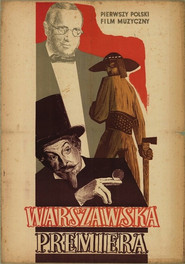 Polish composer Stanisaw Moniuszko fights for...
Polish composer Stanisaw Moniuszko fights for...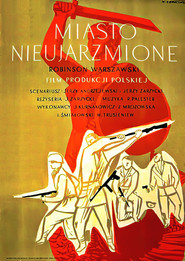 Unvanquished City Polish Robinson warszawski Polish...
Unvanquished City Polish Robinson warszawski Polish...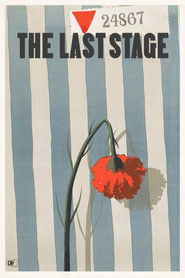 Poland during World War II Martha...
Poland during World War II Martha...